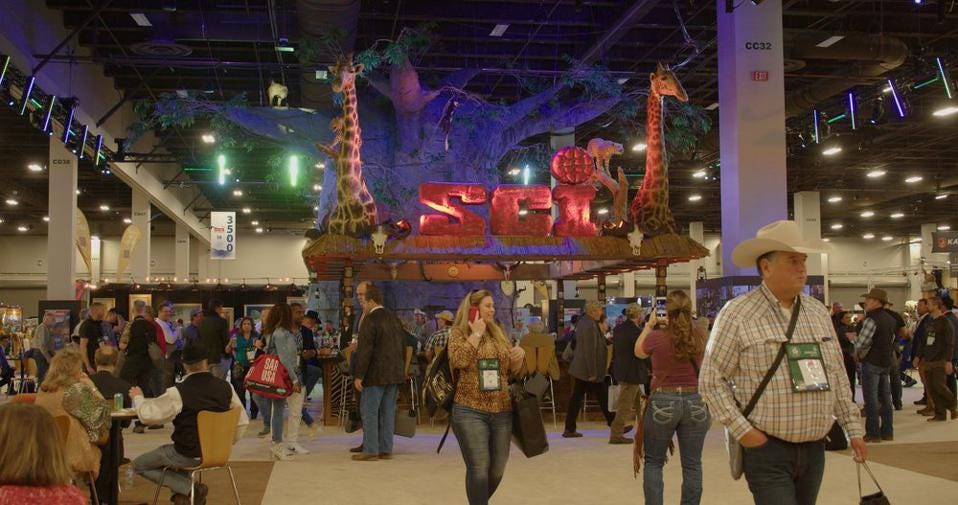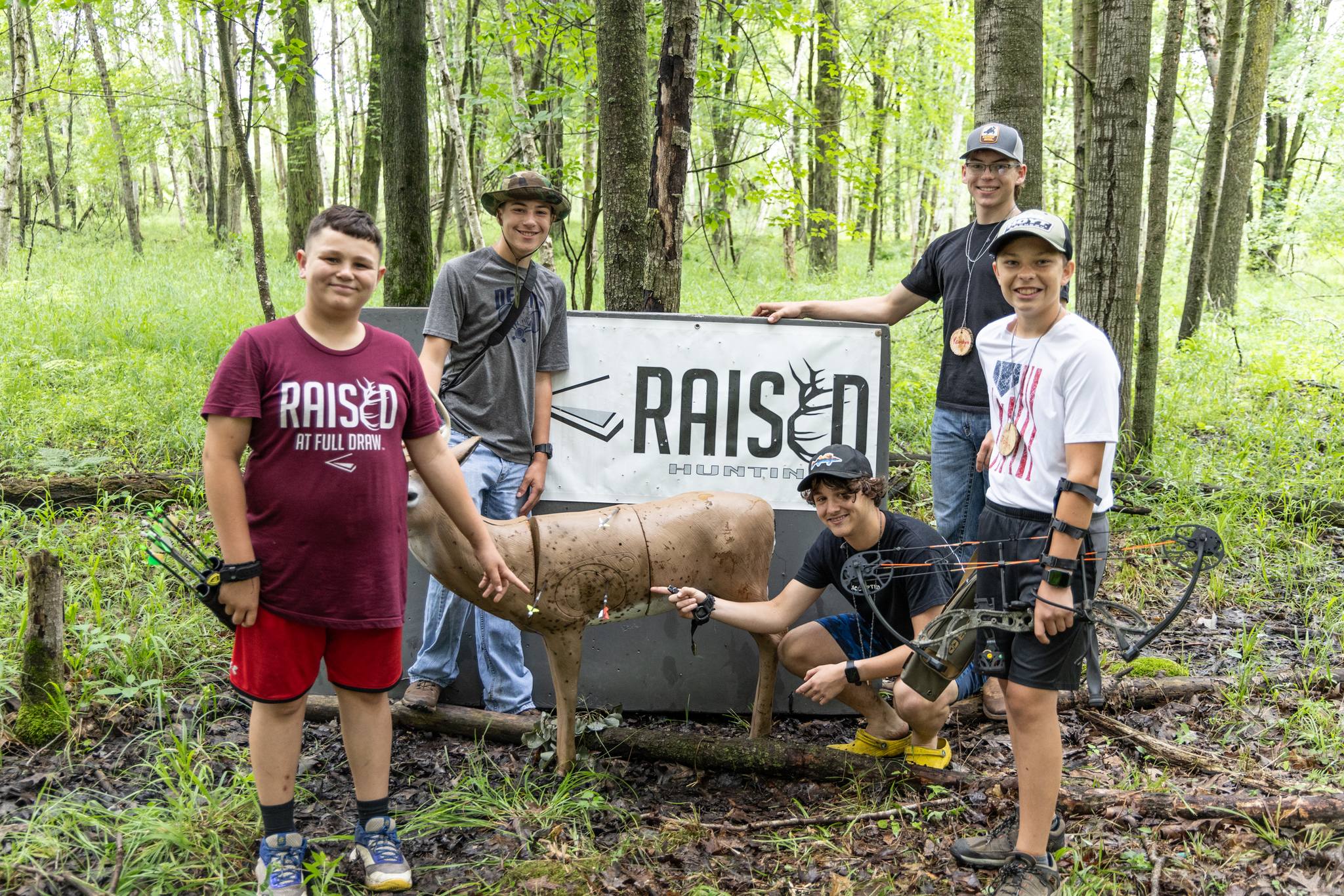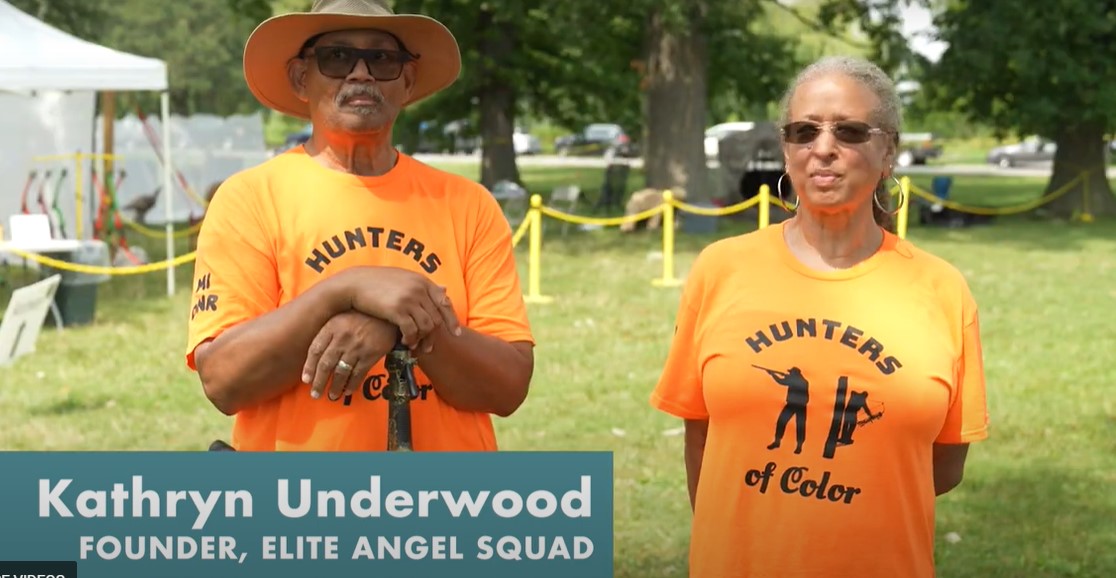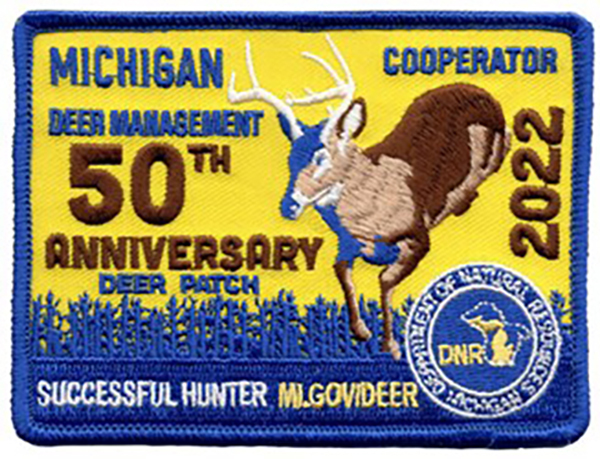Article by Forbes
If there’s a Super Bowl of the hunting world, it’s the annual Safari Club International convention. SCI is comprised of more than 50,000 members with 180 local chapters and affiliates across the globe. Come February 22, tens of thousands of hunters, guides, outfitters, gunmakers, wildlife artists, titans of industry, political leaders, celebrities, and average Joes will descend on Nashville, Tennessee, to celebrate their position atop the food chain and their shared love of all things hunting.
In the process, they’ll raise millions of dollars for conservation efforts that extend to the far corners of the globe where dollars from foreign hunters have given value to hundreds of game species and protected their habitats in the process.
History, on the other hand, is rife with examples of what happens when such economic incentives are removed because of hunting closures. Kenya is the most notable example of what follows hunting bans. Regulated hunting for elephants was ended there in 1973 and the vast herds were subsequently slaughtered en masse by poachers who no longer contended with hunter-funded anti-poaching teams. Wildlife disappears from the landscape as poachers snare, shoot, and poison anything that provides meat, threatens their livestock, and crops, or brings currency on the black market.





